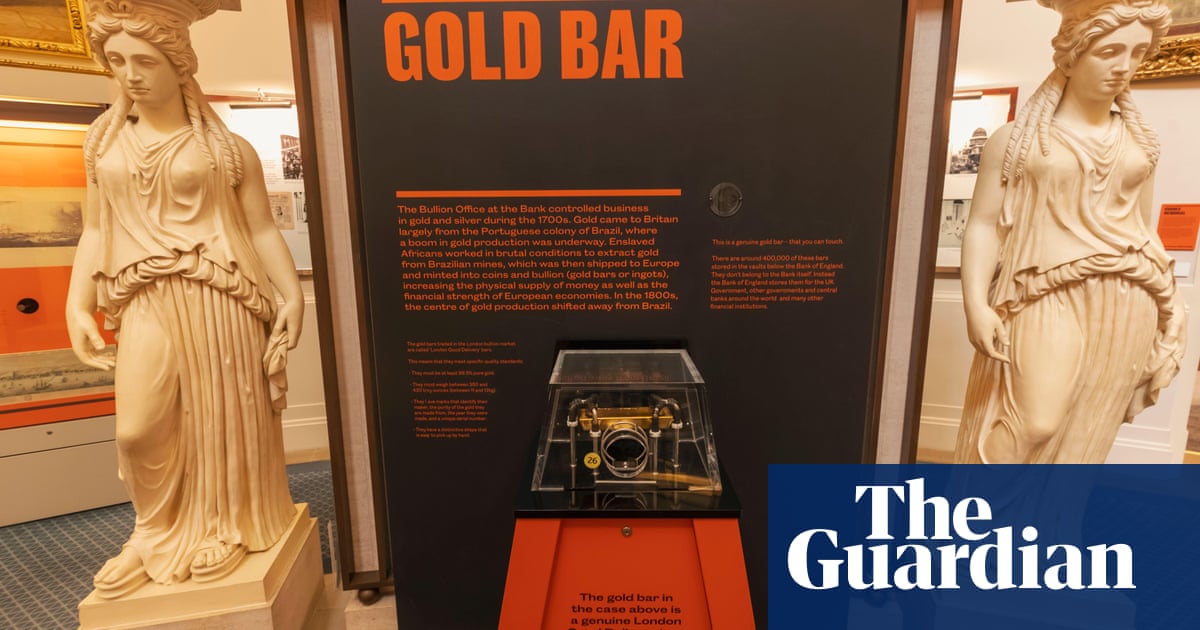Introduction: A Halted Initiative at the Bank of England
The Bank of England recently decided to postpone a significant £250,000 renovation of its museum, extending a debate over five years on establishing a financial education hub in England and Wales. This pause comes at a crucial time as a parliamentary inquiry into financial education in English schools unfolds, highlighting the UK’s modest rank of 15th out of 29 countries in the OECD’s financial literacy index, despite its dominant financial sector.
Financial Education in the UK: The Need for Innovative Approaches
Robin Walker, a Member of Parliament and chair of the all-party education committee, has emphasized the necessity of leveraging the UK’s financial expertise to enhance the understanding of money and economics among both children and adults. He advocates for more interactive learning experiences in institutions like the Bank of England to make financial concepts more accessible and engaging.
The Museum’s Role in Financial Literacy
The Bank of England’s museum, nestled in a Grade I listed building on Threadneedle Street, not only showcases rare coins and historical banknotes but also explores significant societal themes such as the City’s historical ties to slavery. With plans to host a new exhibition on digital payments, the museum aims to question modern monetary concepts like cashless transactions and the nature of cryptoassets. However, stringent heritage regulations and high renovation costs have delayed efforts to make the museum’s exhibits more interactive.
Comparative Global Efforts and the Importance of Early Financial Education
Globally, other nations have integrated financial literacy into school curriculums more effectively. For example, financial concepts are woven into mathematics in Australia and taught through Character and Citizenship Education in Singapore. This global perspective underscores the importance of introducing financial education early on, as children form their basic understanding of money well before reaching secondary school.
Challenges and Opportunities Ahead
Despite these aspirations, the UK faces challenges in expanding financial literacy in schools, with many teachers feeling there is insufficient time or resources to cover the subject adequately. However, the potential for museums to play a significant role in this educational field remains vast. Inspired by examples like the Interactive Museum of Economics in Mexico City, there is a clear opportunity to make financial education more dynamic and interactive through museum exhibits that offer hands-on learning experiences in economics and money management.
This narrative suggests a broader exploration of how museums can not only preserve and interpret history but also serve as modern arenas for educational innovation, particularly in the field of financial literacy.

